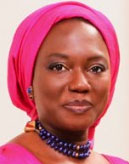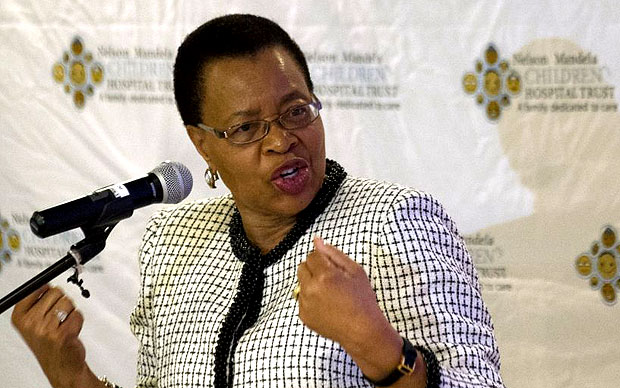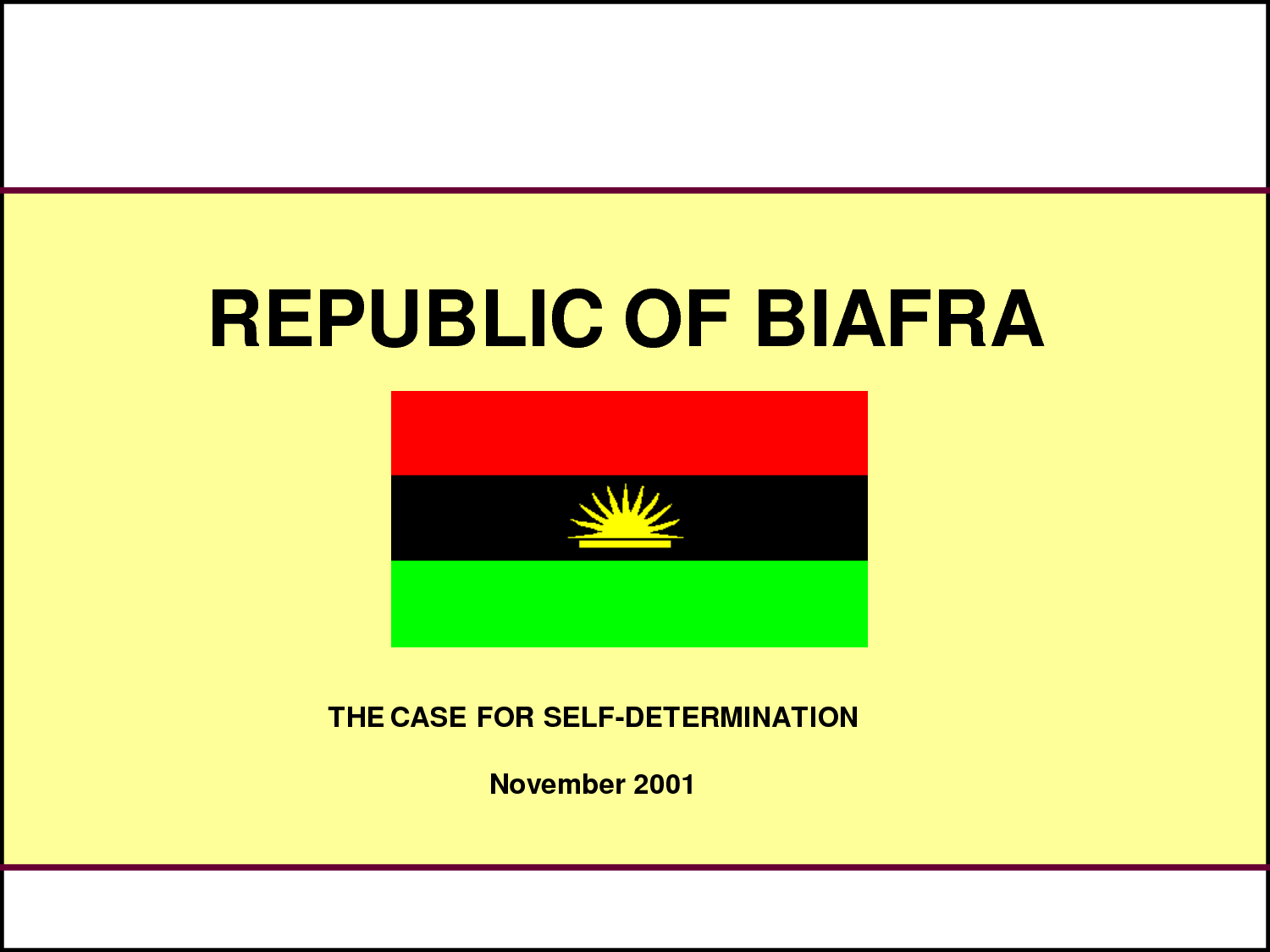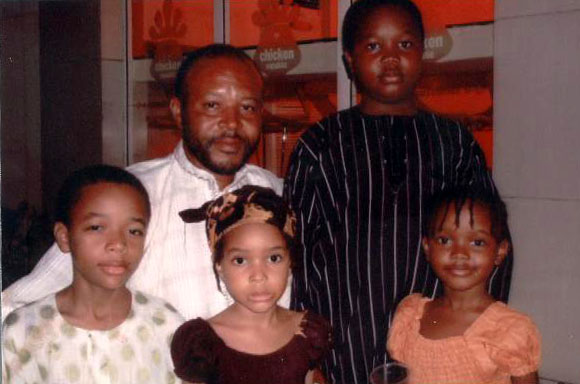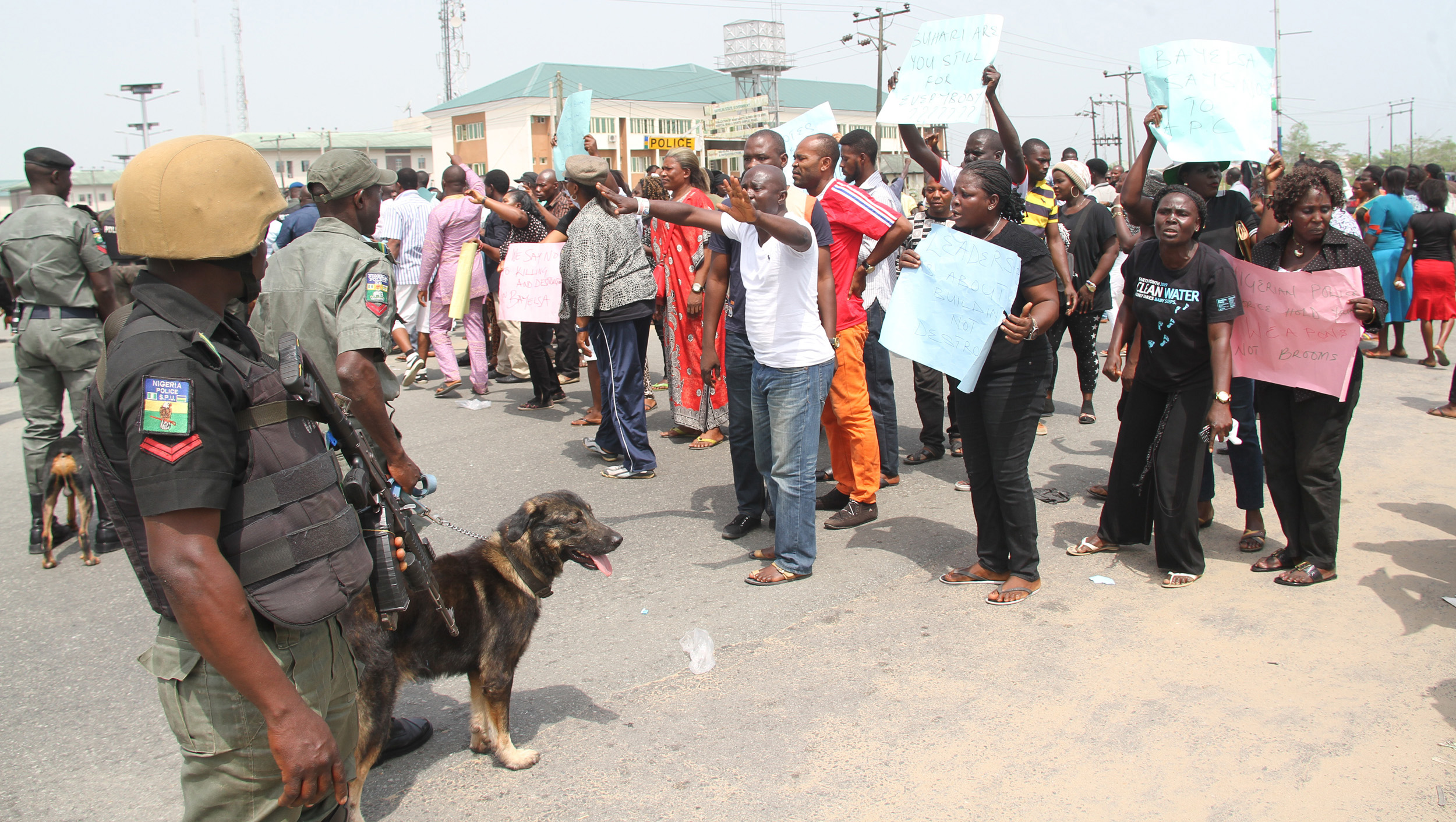I recently had the privilege of hosting one of Africa’s most iconic women, a mentor, role model and a dear friend, Mrs. Graça Machel-Mandela, former first lady of the Republic of South Africa; and Mozambique, and the founder of the Graça Machel Trust, in Lagos. Mama Graça, as I fondly call her, and I go back at least 10 years and I have had the privilege on a couple of occasions to sit at table with her and our revered Nelson Mandela, of blessed memory. Under the aegis of the Murtala Muhammed Foundation 10 years ago, she opened the first conference of the Foundation and so her presence again in Lagos was fitting as it very much represented a homecoming.
During her visit, Graça Machel touched some of the bases that have commanded our attentions. One of them is the tragic case of the Chibok girls kidnapped by terrorists over a year ago from a village in Northeastern Nigeria. She was already a champion of the cause of the Chibok girls having been drawn to their case as an acute example of the sort of challenges faced by girls and young women in Africa. Last year, following the demise of her husband, Nelson Mandela, Graça Machel broke the traditional mourning period that followed to write an open letter to the abducted Chibok school girls, assuring them and their parents of the prayers of every African parent, and urging the Nigerian government to put in more efforts in finding the girls. “We send them waves of love and comfort, to warm their hearts and dry their tears. We pray for them and look forward to the day when they will embrace their parents and families at home,” she wrote.
Thus, it was entirely appropriate I put on Mama Graca’s itinerary a meeting with some of the Chibok parents. It was an emotional meeting, as the parents grieving their lost daughters embraced this defender of African womanhood and beseeched her to take their plight once again to world leaders. She pledged to do just that. Our earnest hope is that the daughters of Chibok will not only be rescued but that just as Graça Machel embraced the heartbroken parents in tears, she will return, someday soon, to embrace their recovered girls in joy.
Graça Machel also attended a women’s power lunch organized in her honour, where she addressed a diverse cross-generational audience of Women entrepreneurs, social activists, public servants and corporate leaders. She urged women to discard the yoke of inferiority and low expectations foisted upon them by society, to believe in their abilities and to take their rightful place as high achievers remaking the African continent. Thereafter, I moderated a discussion with her and Mr. Fred Swaniker, the Founder of the African Leadership Group, for a cross generational interactive session on the topic “Transforming How Africa Educates and Supports its Leaders”. On the whole, it was a most rewarding and enriching experience.
Advertisement
In the course of her visit, the qualities for which Mrs. Machel-Mandela is celebrated were evident: her ability to connect with both old and young, her infectious energy and optimism, her maternal warmth, her graciousness and dignified disposition, her empathy, her wisdom and sheer inspirational power drawing from an eventful lifetime of extending the borders of freedom and justice in Africa and the world. It was indeed a privilege to share with her our initiatives as a partner and a friend.
At the Murtala Muhammed Foundation, we see our work as part of a larger international campaign to better the lives of Africans through the promotion of democracy, human rights, education and women empowerment. For more than five decades, Graça Machel has wholeheartedly invested emotionally, physically, spiritually and intellectually in this effort.
For those not familiar with her legacy, Graça Machel’s double-barrel name obviously tells us a bit about her. It tells us that she has been a participant at the front lines of Africa’s most intense struggles for liberation. Her story is bound up with the histories of Mozambique and South Africa and like those histories, is written in tears, blood and the indomitable resolve of an unbreakable spirit. Hers is the odyssey of a black African woman who has courageously navigated the trenches of political environments dominated by apartheid and male patriarchy with an uncommon dignity and an unyielding grace.
Advertisement
But Graça Machel as she is actually officially referred to is not simply the very able custodian of the great legacies that inhere in her illustrious names, she is in every respect an elder stateswoman, a mother to many across our continent and beyond, and an authentic African heroine. She has lived what can only be described as a revolutionary life, prevailing over the otherwise unfavourable circumstances of her birth in rural Portuguese East Africa to attend university in Lisbon and then returning home to be a freedom fighter and a school teacher, and then upon the independence of Mozambique, served as the country’s first education minister from a very young age.
The struggle for freedom and justice is a consistent motif in her richly embroidered life. She is a foremost advocate for the cause of women, children and communities affected by conflict and injustice. Her groundbreaking UNICEF report on the effect of armed conflict on children revolutionized the way the United Nations and member states handled crisis response in conflict zones.
She is a founder of the Graça Machel Trust through which she champions women’s economic and financial empowerment, education for all, an end to child marriage and gender violence food security, nutrition and democracy. She is also a co-founder of The Elders, a conclave of elder statesman and stateswomen committed to deploying their moral authority and influence in favour of the vulnerable and the voiceless, and promoting equity and justice in our world.
In her varied engagements, what shines through is Mrs. Machel’s unstinting commitment to the cause of the weak, the defenceless and the marginalized – legions for whom she is a harbinger of hope and inspiration. She also chairs the Board of the Partnership for Maternal, Newborn & Child Health, African Ambassador for A Promised Renewed, Board Chair of the African Centre for the Constructive Resolution of Disputes, and President of the Foundation for Community Development. Machel has been recognized for her work on the Africa Progress Panel, the Millennium Development Goals Advocacy Group, and the High-Level Panel on the Post-2015 Development Agenda.
Advertisement
The struggle for freedom and justice is a never-ending quest handed down from generation to generation. Decades ago, our forebears launched the struggle under the banner of the Pan-African movement. As one of the great avatars of that movement, Kwame Nkrumah, famously said, “Seek ye first the political kingdom and all other things shall be added unto you.” Political independence was the Holy Grail for that generation and Graça Machel was very much in the thick of her own generation’s struggle to unshackle our continent from the naked grip of colonialism and imperialism.
Just as our forebears campaigned for and won independence, coming generations too, must continue to expand the borders of that hard-earned freedom and justice in every domain. The prize, in our day, is freedom, but not from colonial and neo-colonial forces; but from the socio-cultural, institutional and economic constraints that restrain us from living full creative lives. Our struggle today is to secure freedom from negative paradigms and conventions informed by the forces of retrogression and male patriarchy.
We know that that the health of a society is best gauged by how well it treats its most vulnerable segment, in Africa, this typically means women and children. We know that no society can make progress that holds back fifty percent of its human resources through gender discrimination and chauvinism. No society can progress if its children, the next generation, are sentenced to be reared in conditions of poverty, conflict and chaos, and are denied social and economic opportunities for self-actualization.
We also know that the key to growth, prosperity and sustainable development lies in unlocking the potential of that unheralded fifty percent through education and economic empowerment, as well as securing pathways of social and economic mobility for our children. These are the principles that drive the work of the Murtala Muhammed Foundation. Graça Machel has remained an active presence in this chapter of the African struggle and we were privileged to be able to drink from her wisdom and expertise garnered over several decades of committed engagement with the African condition.
Advertisement
Muhammed-Oyebode is the chief executive officer, Murtala Muhammed Foundation.
Advertisement
Views expressed by contributors are strictly personal and not of TheCable.
Add a comment
